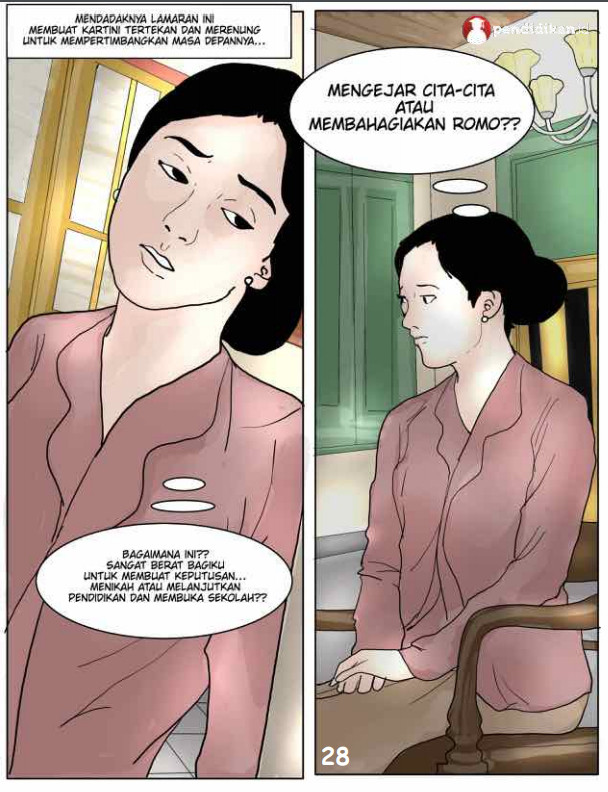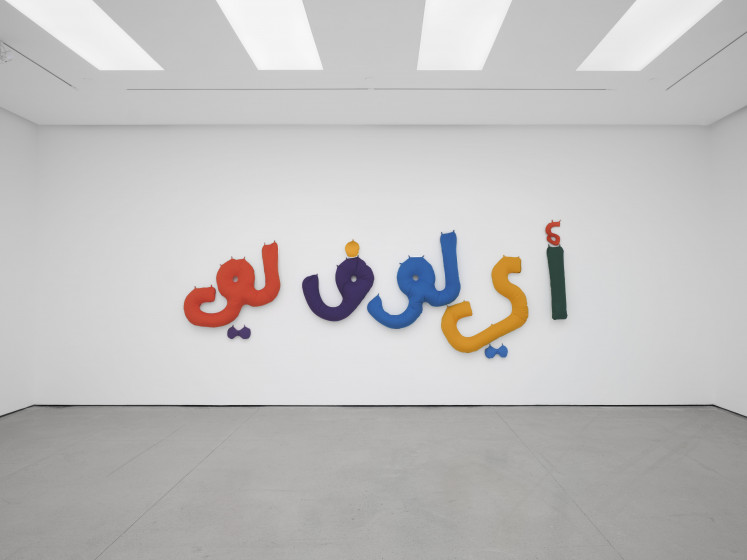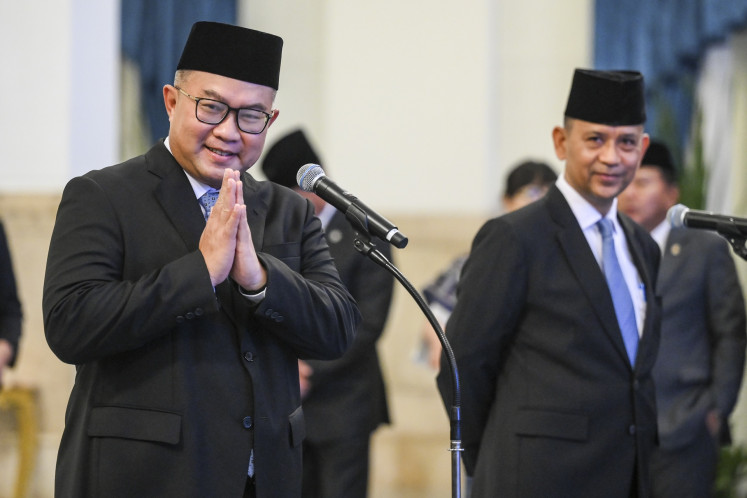Popular Reads
Top Results
Can't find what you're looking for?
View all search resultsPopular Reads
Top Results
Can't find what you're looking for?
View all search resultsDigital comic immortalizes the story of R.A. Kartini
On the eve of Kartini Day, celebrated every April 21, an education portal has released a digital comic available for the general public to learn about the figure they might only know from standard textbooks.
Change text size
Gift Premium Articles
to Anyone
O
n the eve of Kartini Day, celebrated every April 21, an education portal has released a digital comic available for the general public to learn about the figure they might only know from standard textbooks.
Created in collaboration with the History Teacher Forum in East Java (MGMP Sejarah Jawa Timur) and education portal pendidikan.id, the comic can be accessed by visiting kartini.pendidikan.id.
Indonesians have long recognized Kartini, whose full name was Raden Adjeng Kartini, as a national hero for her contribution to advocating for women’s rights.
A collection of her letters, published in a book titled Habis Gelap Terbitlah Terang (From Darkness Comes Light), is a testament to her thoughts and ideas on the role of education and women’s rights.
The all-ages comic, titled Pejuang Emansipasi Wanita (Hero of Women’s Emancipation), highlights Kartini’s life, from her birth on April 21, 1879, her correspondence with Dutch feminist writer Marie Ovink and activist Estelle Zeehandelaar, to her death in her husband’s embrace at the age of 25, just four days after giving birth.
The comic showcases various aspects of Kartini’s life, including the prejudices of that time shown to native Indonesians during Dutch rule.
Another issue highlighted was the status of women in the era, where 12-year-old Kartini was taken out of school to undergo the pingit (seclusion), a custom in Javanese nobility meant to prepare a girl for marriage. Eventually, Kartini enters a marriage with Rembang regent Djojoadiningrat in November 1903, on the condition that she be allowed to establish a school for women in Rembang as she has done in Jepara.
Djojoadiningrat accepts the condition as he was known to be a progressive compared to other Javanese nobles of the time While the story ends with Kartini’s death, her legacy lives on through her letters, which were published as a book by the then East Indies minister for culture, religion and industry JH Abendanon.
The book, Door Duisternis tot Licht, was published in the Netherlands in 1911, and would later become Habis Gelap Terbitlah Terang in 1922. Pejuang Emansipasi Wanita joins a list of educational comics hosted in pendidikan.id.
It is the first comic to feature a national hero, and will be part of a series on Indonesian figures.
To preserve the credibility of the comic, a history teacher member of MGMP Sejarah Jawa Timur served as the editor, with the illustrations drawn by another artist.
According to MGMP Sejarah Jawa Timur chairman Hermawan, the comic was created as a response to the low literacy rates in Indonesia, with a particular focus on students, citing the lack of interest in reading history books because of their “boring” image.
“Indonesians are used to hearing and speaking rather than reading. Compare the time the average person spends each day watching television and talking to each other with the time they spend in reading,” Hermawan said in a statement.
“It is hoped that this comic can change the character of the younger generation by reading positive and uplifting things. If reading becomes a habit, I’m sure that the character of the nation will be improved, as they will have a strong culture of literacy.” (hdt)











